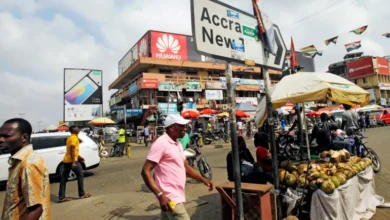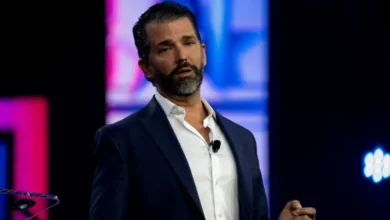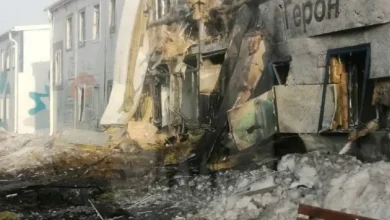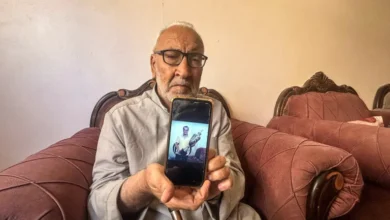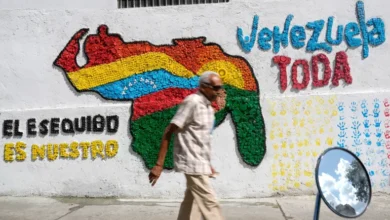‘We are afraid’: East Africa struggles as mpox spreads amid vaccine delays
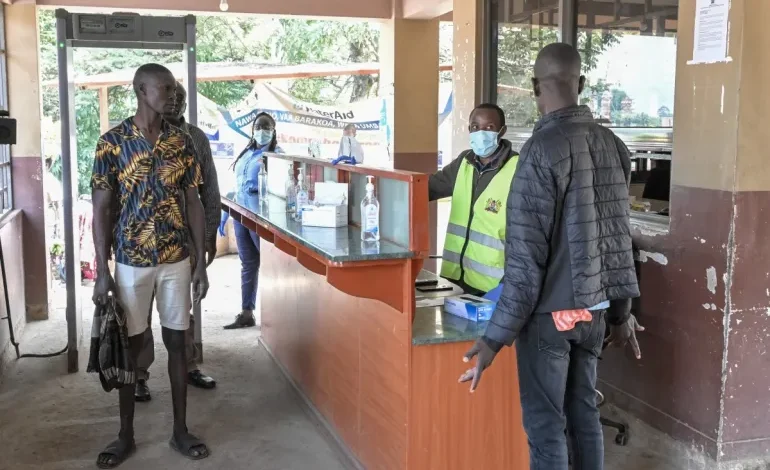
Businesswoman Mary Malisi crosses the border regularly for work. The Kenyan hotel owner buys grain from markets in Uganda for use in her establishment back home in the border town of Malaba.
On both sides of the Kenya-Uganda border, Malaba – which shares one name – is bustling and vibrant, filled with people of different cultures and nationalities constantly passing through.
Malaba is a one-stop border post which clears more than 2,000 trucks every day, making it the busiest transit route among East African countries.
On the Ugandan side, there is also the Malaba river which marks another busy crossing point between the neighbours.
On August 14, when a new strain of the mpox virus known as Clade 1b was declared a global health emergency by the World Health Organization (WHO), Malisi and others who travel frequently became worried.
Just recently, a first case was recorded on this border.
A truck driver had travelled from the Democratic Republic of the Congo – where the outbreak emerged – through to Uganda, on to the Kenyan coastal city of Mombasa. He then travelled back using the same route and fell sick on arrival in Uganda. He has since recovered.
Health officials in Kenya and Uganda say they have increased surveillance along their borders. Malisi has noticed the changes.
It’s a town filled with artisanal miners from across the region, including Uganda, Rwanda and Burundi. They often use informal crossings to get to their destinations.
Mpox is transmitted through close contact, including sex and skin-to-skin touch, as well as talking or breathing close to another person or touching contaminated objects. The disease has been endemic in DRC for decades. It causes flu-like symptoms and pus-filled lesions and can be lethal.
Dr Pierre Olivier works for Medair, a medical aid agency that runs a treatment centre in North Kivu’s capital, Goma.
He has dealt with an Ebola outbreak that killed more than 2,000 people in 2022 (it was not the first Ebola outbreak in the country); COVID-19; measles and cholera, which health workers are still struggling to contain.
It’s a town filled with artisanal miners from across the region, including Uganda, Rwanda and Burundi. They often use informal crossings to get to their destinations.
Mpox is transmitted through close contact, including sex and skin-to-skin touch, as well as talking or breathing close to another person or touching contaminated objects. The disease has been endemic in DRC for decades. It causes flu-like symptoms and pus-filled lesions and can be lethal.
Dr Pierre Olivier works for Medair, a medical aid agency that runs a treatment centre in North Kivu’s capital, Goma.
He has dealt with an Ebola outbreak that killed more than 2,000 people in 2022 (it was not the first Ebola outbreak in the country); COVID-19; measles and cholera, which health workers are still struggling to contain.
“We are afraid of the disease. We normally go to the forest to look for food for the children. But now we are told by health officials we should avoid going to the forest or we might bring the disease. They tell us to avoid touching each other, but how can we when so many of us are sharing tent space?” he said.
Olivier and his team share similar frustrations to those they are trying to help.
“The situation in the camps festers the disease. People cannot keep personal distance, they struggle to find adequate water which is crucial. The camp where I am is north of Lake Kivu, so the displaced can’t access the lake. Water has to be tracked and rationed so hand washing becomes a luxury for many.”
Vaccine delays
More than 10 African countries have recorded cases of the disease, with infections traced in all 26 provinces in DRC.
The scale of transmission outside DRC is limited for now, but health experts are concerned that the situation could become a crisis for the entire continent if health measures in individual countries are not taken seriously.
Burundi has recorded the second highest number of infections with cases detected in 26 of 49 districts.
Dr Liliane Nkengurutse is the director of Burundi’s public health emergency department.
“It’s a new disease, so even the health staff don’t have enough knowledge about it. There needs to be a lot of awareness. We are in the process of training community health workers who play an important role in detection and tracing the disease. We want our citizens to go to any health facility when they get the symptoms. The treatment is free,” she said.
The WHO is expected to deploy the first batch of vaccines but it’s not clear when. The process has been slow and bureaucratic. Meanwhile Nigeria – which has recorded 40 mpox cases but could have several hundred – received 10,000 doses donated by the United States, making the first African country to get the jab.
